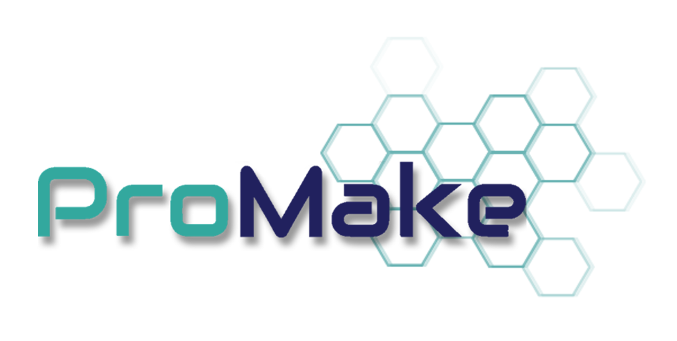
A new project will investigate how advanced graphene technology could be utilised to rapidly detect infection and act as the basis for new medical diagnostics.
Liverpool School of Tropical Medicine (LSTM) will collaborate with ProMake, a material science and diagnostic company, as part of Innovate UK's Accelerated Knowledge Transfer Scheme.
ProMake has developed a novel device prototype, the 'BioPod', a hand-held point-of-care diagnostic containing the graphene lab-on-a-chip (LOC) electrode. The LOC uses functionalised graphene, a super-strong and thin material laced with specific receptors, to detect a wide range of pathogens.
The aim is to use the BioPod in the same way as lateral flow tests (LFTs), to test for COVID-19 and other pathogens. However, unlike LFTs, which provide quick results but with less accuracy than tests processed in the lab, the BioPod's advanced technology has the potential to be more accurate and easier to interpret.
The three-month knowledge exchange project will use LSTM's research expertise to investigate a variety of setups for the functionalised graphene by assessing how different pathogen receptors affect the sensitivity of the LOC and comparing its results with other common diagnostic technologies such as LFTs.
Thomas Edwards, group leader within LSTM’s Centre for Drugs and Diagnostics, said: "ProMake's graphene-based sensor technology has great potential as a rapid diagnostic tool, and we hope that by coupling with monoclonal antibodies in development at LSTM, or alternative receptor molecules, we will be able to demonstrate rapid and sensitive detection of viral pathogens".

The evidence generated will guide further development of specific graphene LOC biosensors, informing the development of a point-of-care diagnostic device prototype that could significantly impact how medical professionals test for diseases.
B. Charles Winiarski, Business Development Manager at the Enterprise and Innovation Unit, LSTM, said: "Innovate UK AKT serves as a catalyst for the innovation verification, expediting platform design exploration against emerging pathogens. This aligns with LSTM's commitment to advancing diagnostic solutions for infectious diseases and ProMake's ongoing innovation in accurate, user-friendly diagnostic technologies."
The Innovate UK - Accelerated Knowledge Transfer (AKT) scheme supports HE institutions in working with a business or charity to deliver a short, rapid, and targeted intervention to accelerate the valuation or development of an innovation project or concept.
Professor Jason Laing, CEO of ProMake said: “We have always believed that innovation can only be achieved by collaboration. Innovate UK and LSTM, along with our industrial partners Haydale have been a critical role in the development of ProMake’s BioPod. Together, we've achieved remarkable milestones within the Med-Tech field.”